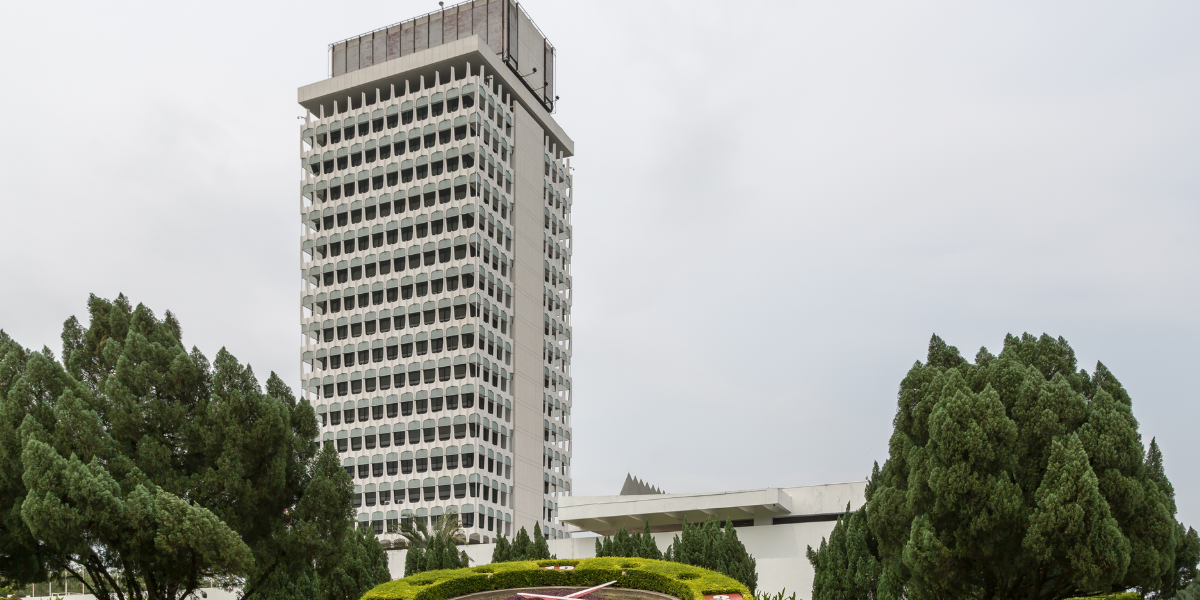On 4 May 2016 the IMF issued a staff report following consultations with Malaysia under Article IV of the IMF’s articles of agreement.
Although Malaysia has an open, diversified economy it has been hit by the lower oil price, economic problems of trading partners and capital outflows. Economic growth has been resilient but decreased from 6% in 2014 to 5% in 2015.
The effect of lower oil revenues has been combated by diversifying the revenue base with the introduction of the goods and services tax (GST) in April 2015. Costly and untargeted fuel and other subsidies were removed from late 2014. The IMF considers that further consolidation is required in the medium term to lower the federal debt by the year 2020.
Growth is expected to slow to 4.4% in 2016 with a more challenging economic environment. Growth in consumption will be supported by a temporary decrease in the mandatory Employee Provident Fund contribution rates, which are reduced by 3 percentage points until the end of 2017, and by tax relief for middle and lower income taxpayers.
The IMF considers that the GST has played an important role in adjusting to the lower oil prices. The GST could be made more effective however by reducing the number of exempt and zero rated items. The GST rate is currently only 6% which is low compared to many other countries and this rate could be increased to help achieve the medium term fiscal objectives.
Economic reforms are to be pursued on a wide front as described in the 11th Malaysia Plan for 2016 to 2020. Malaysia has ratified the Trans-Pacific Partnership and is participating actively in the ASEAN Economic Community which entered into force on 1 January 2016.












